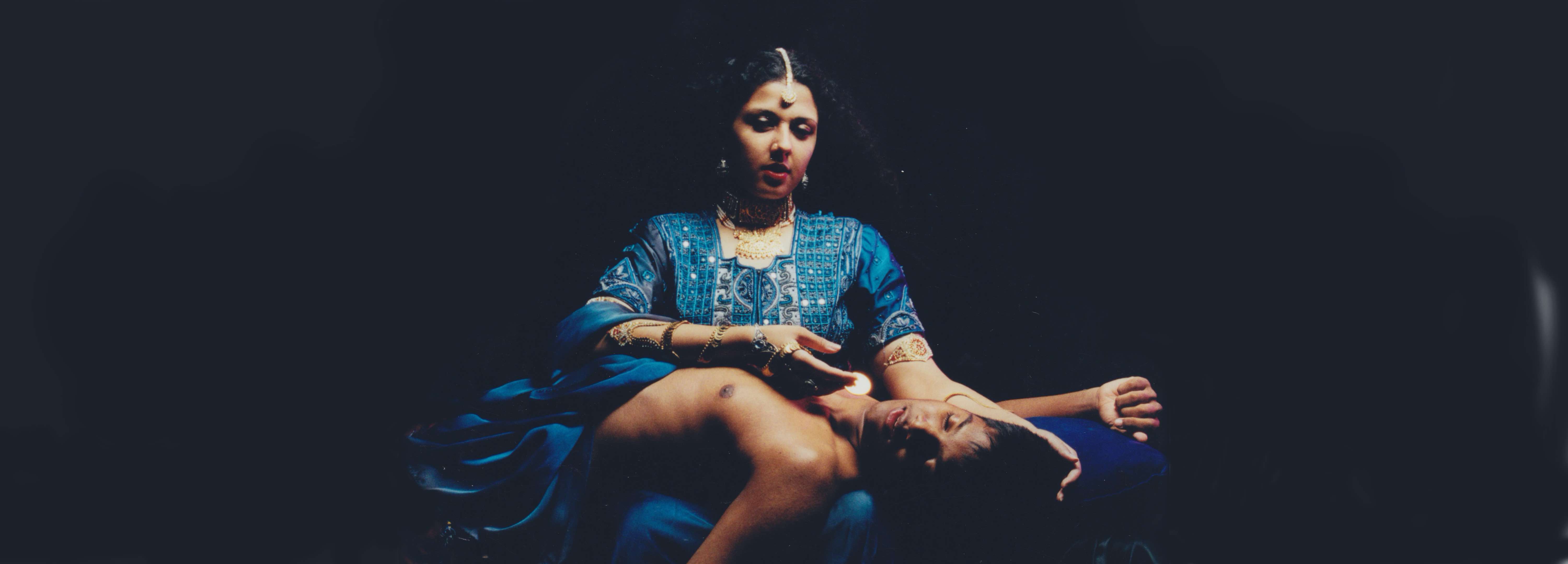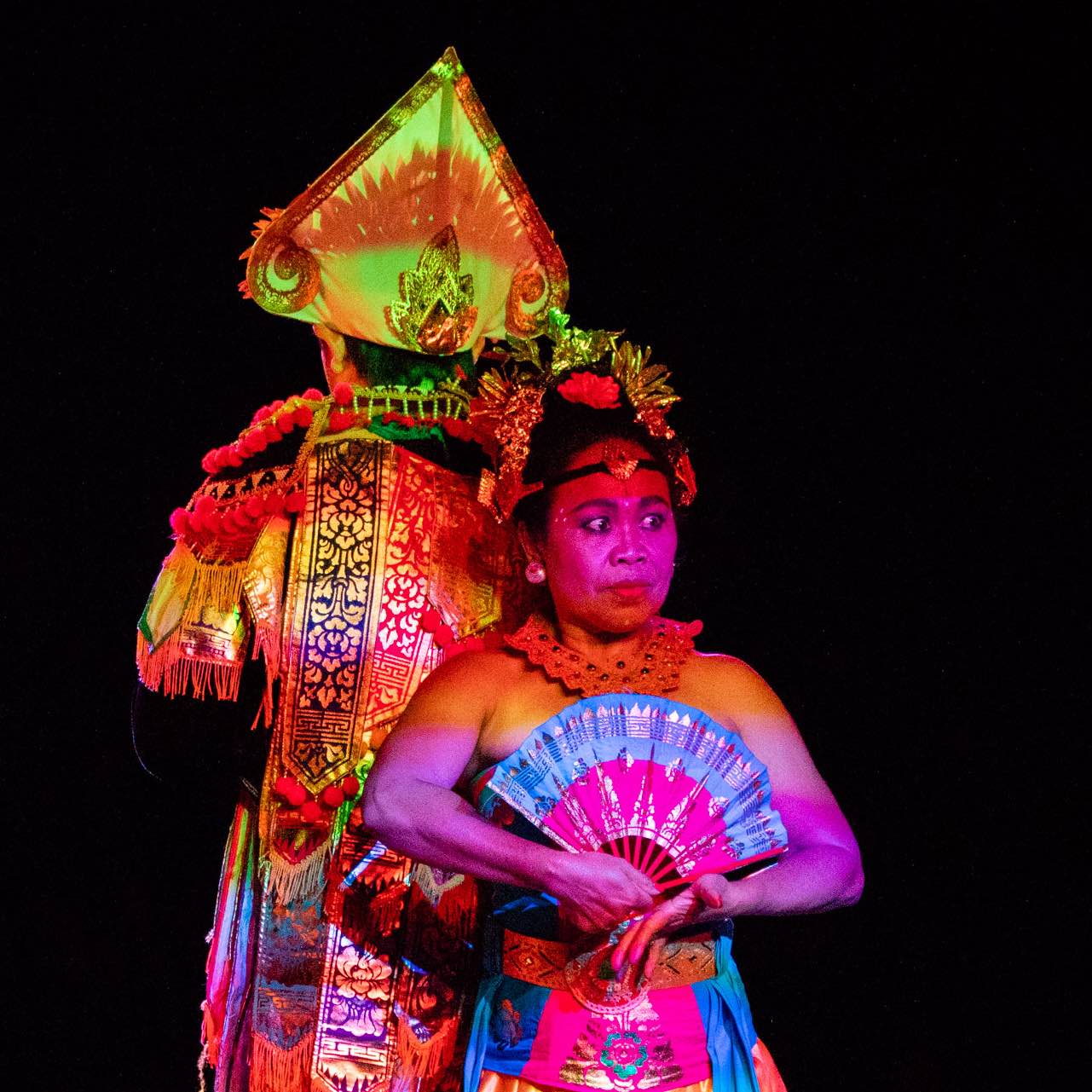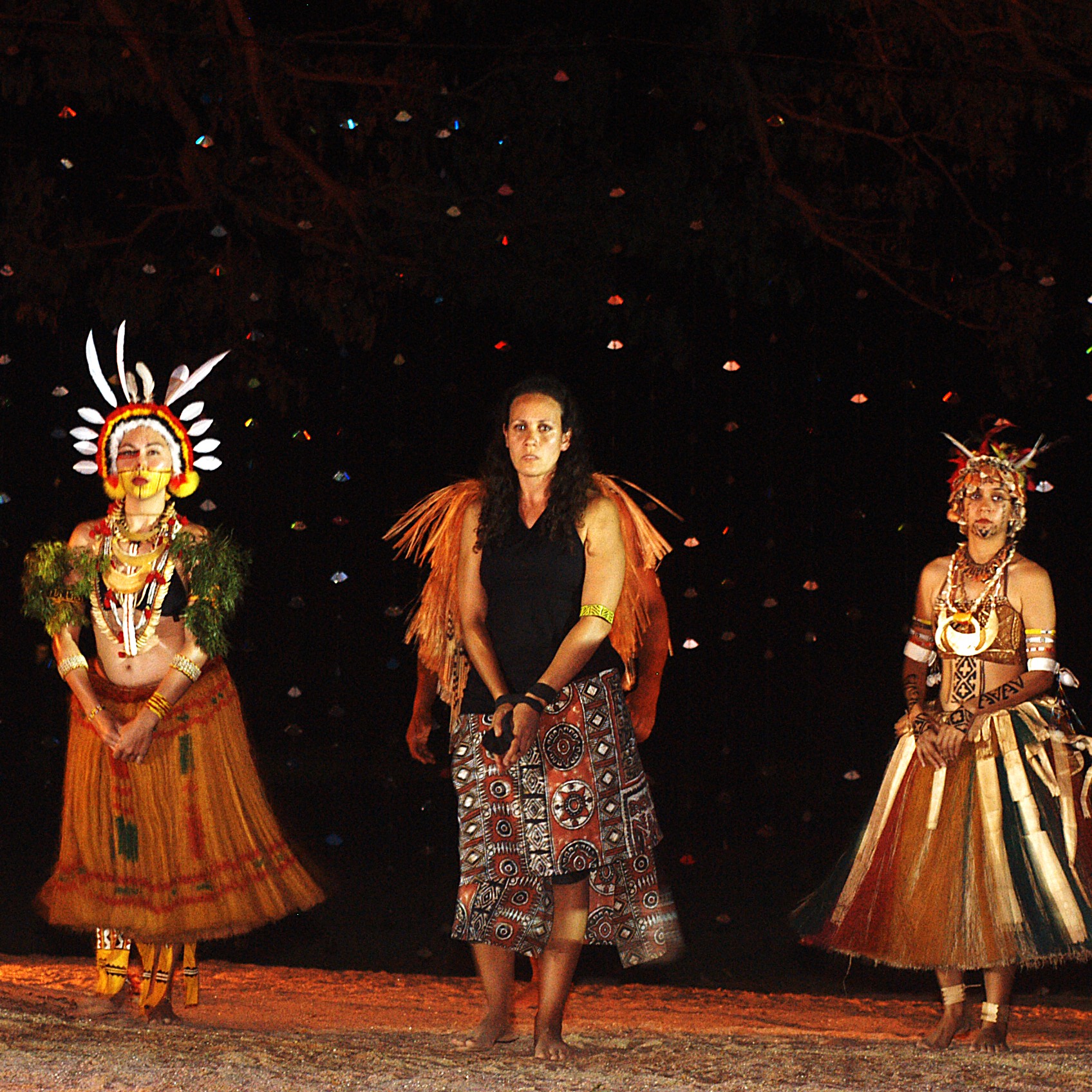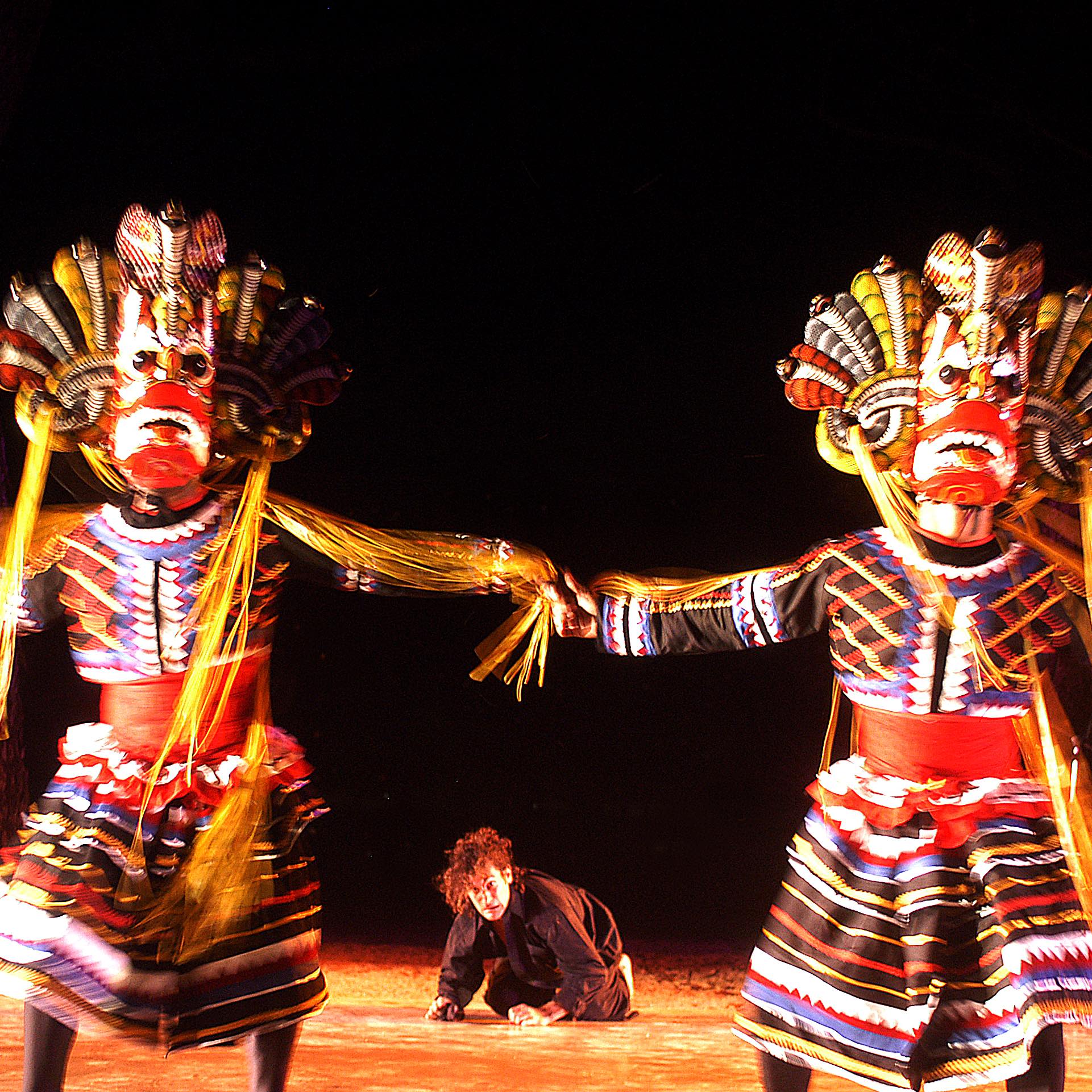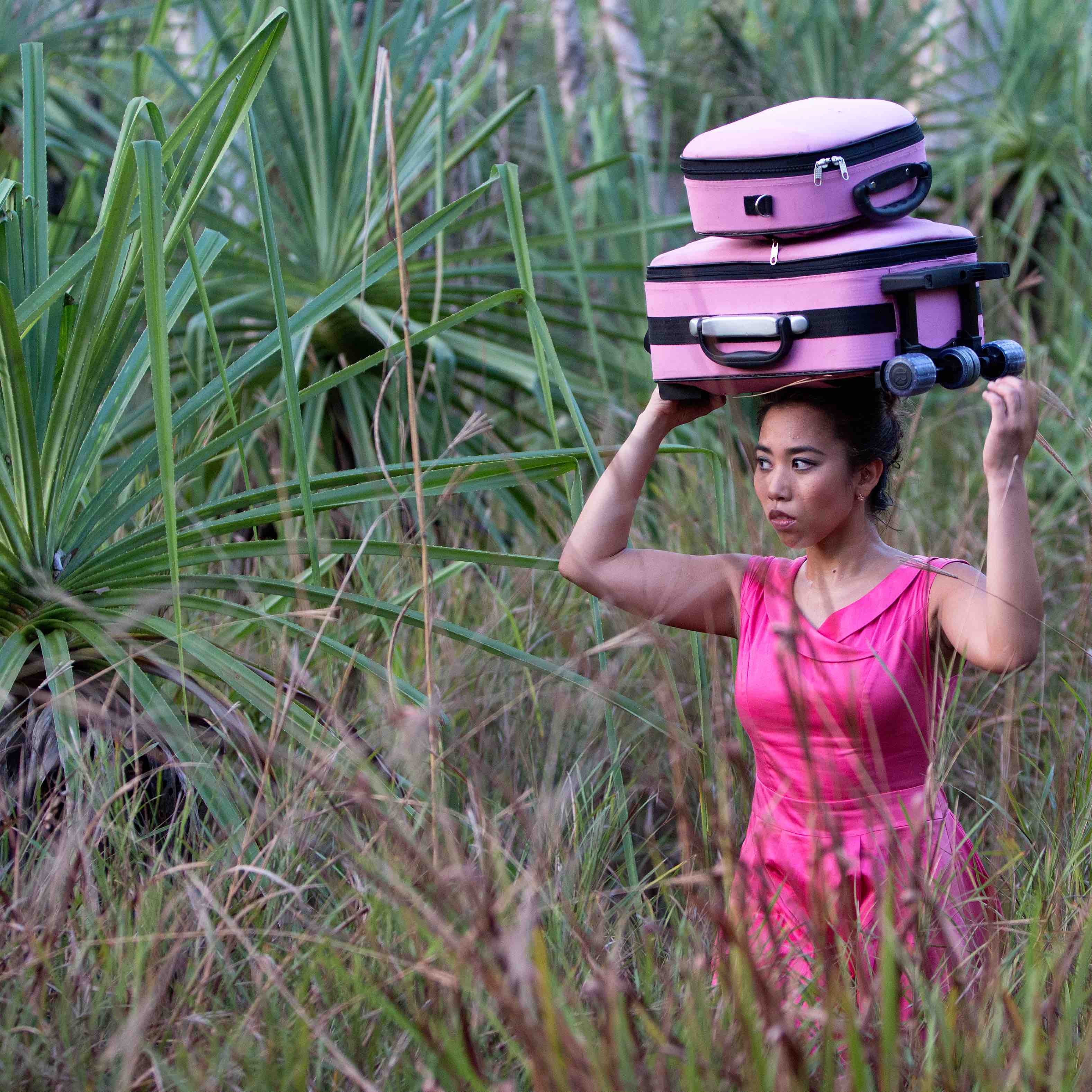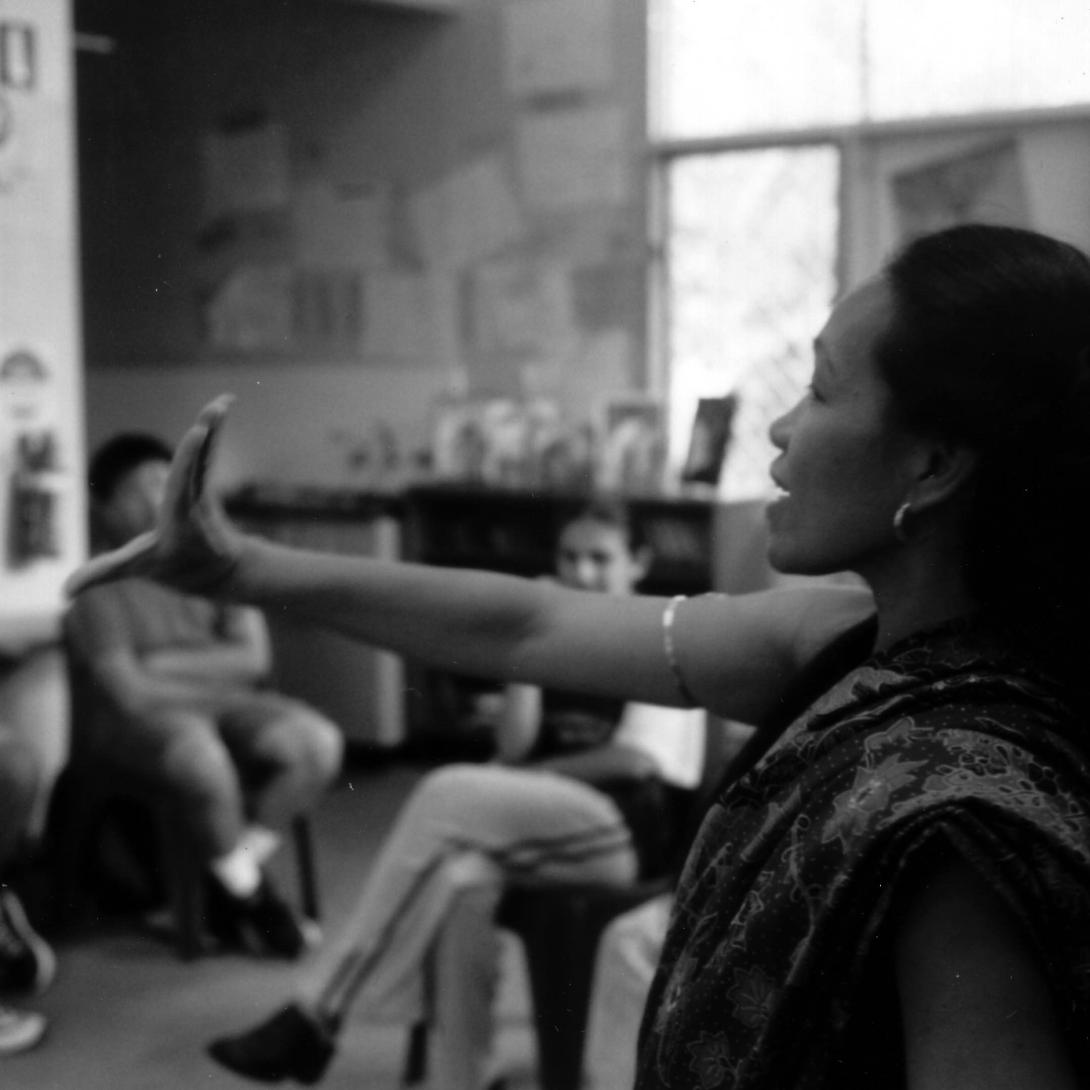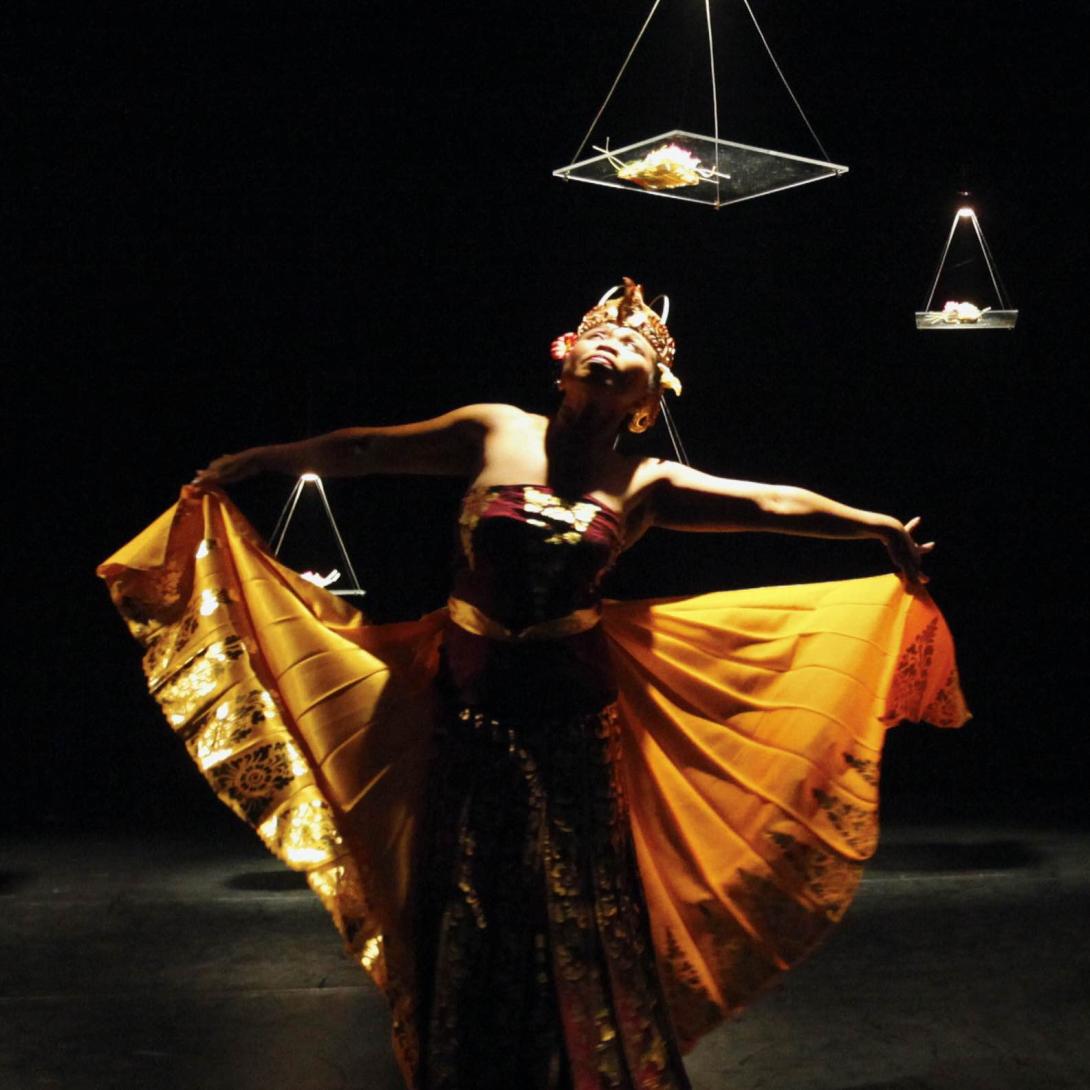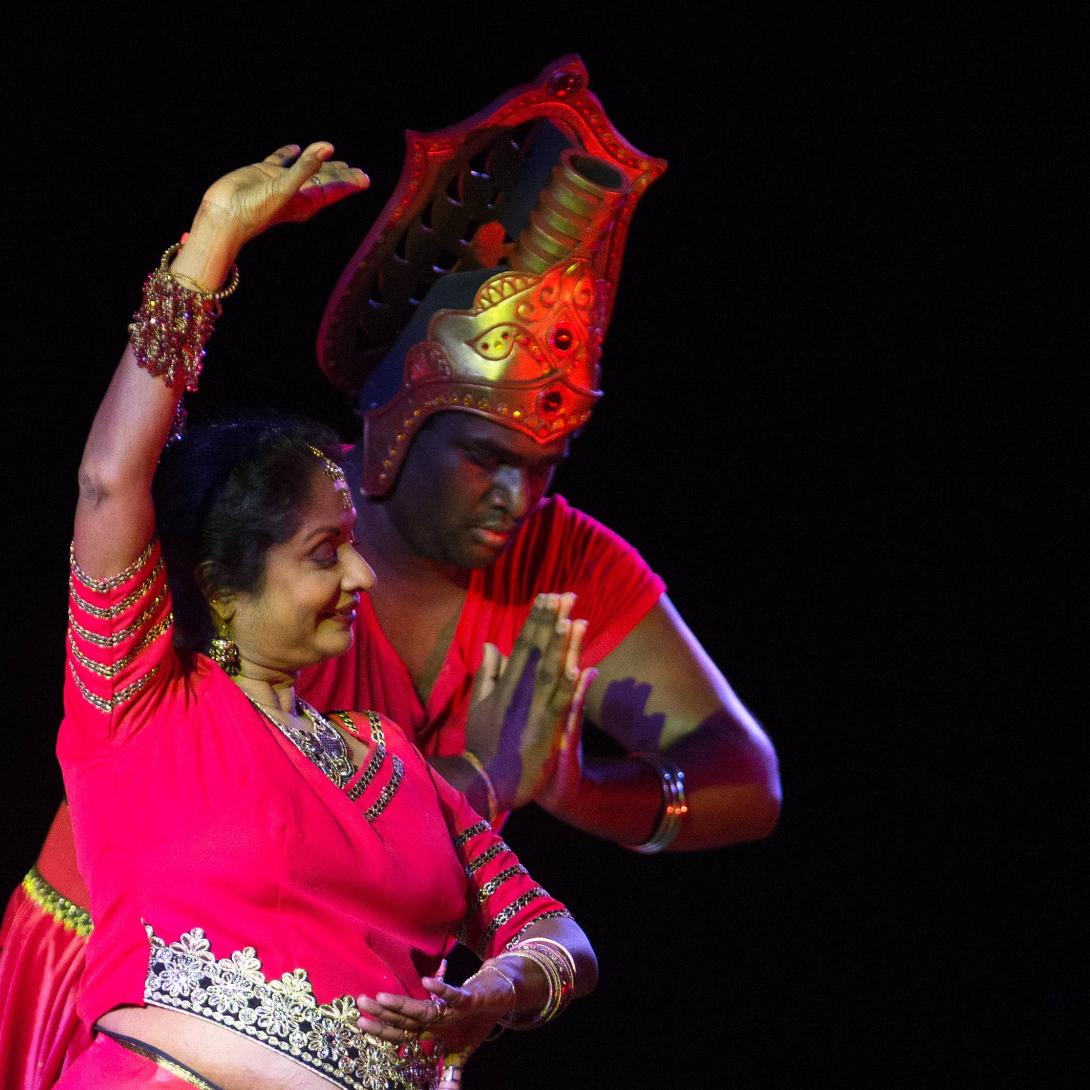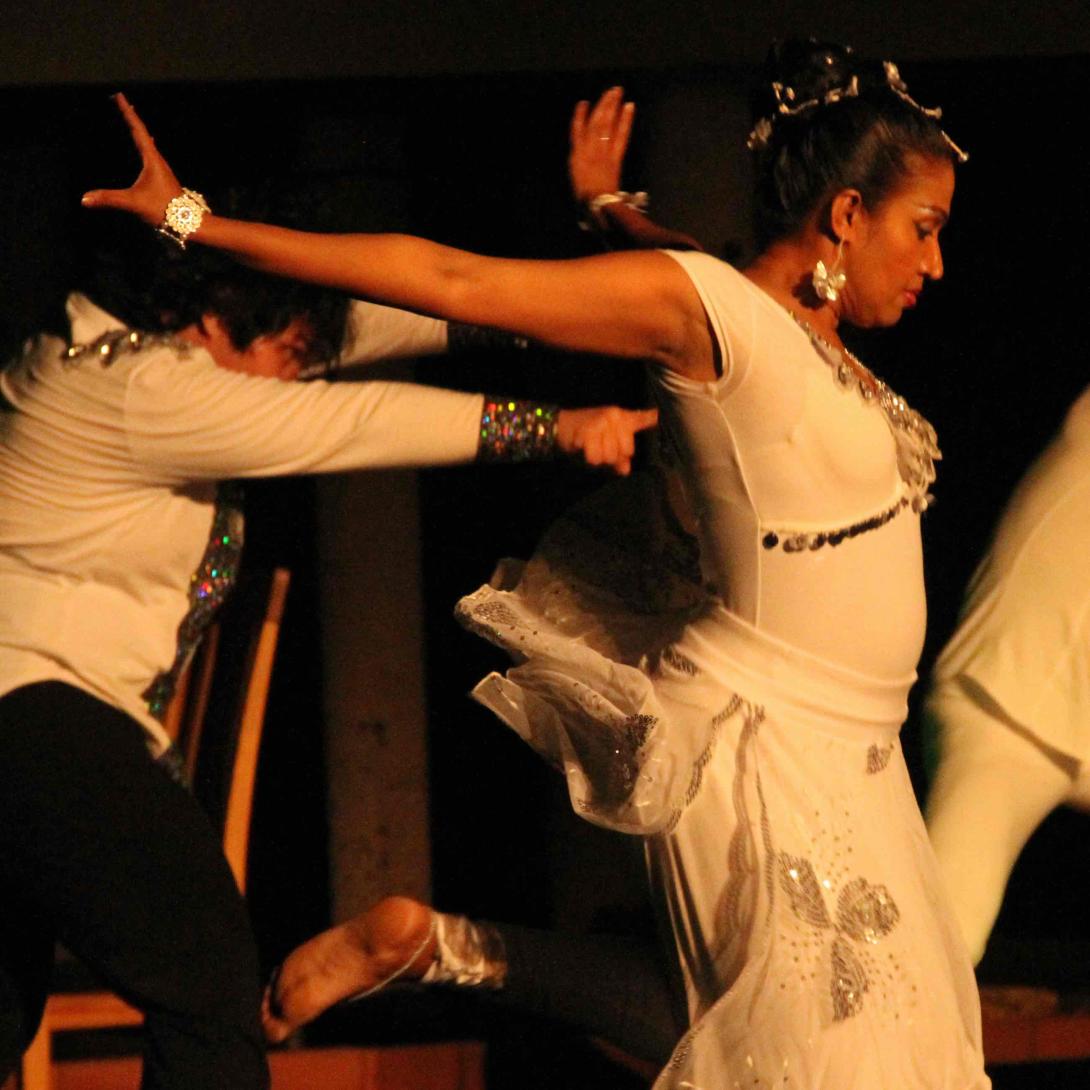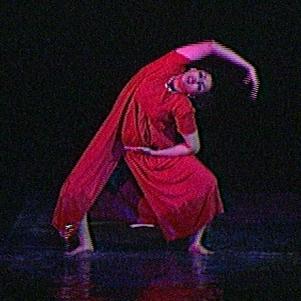A Culturally Diverse Voice
Finding Connection to our Region Through Understanding People and Place
The Northern Territory is one of Australia’s most culturally diverse places, with over 100 nationalities and around 50 social, cultural and religious organisations. This diversity contributes enormously to the NT’s culture. The capital city of Darwin is distinguished by its high proportion of residents who have originated from other countries (over 30% have a language background other than English), a significant percentage from South East Asia.
With proximity and a similar climate, locals tend to adopt a lifestyle more in tune with South East Asia than with Australia’s south. Our local culture has developed taking all that this has to offer. The Rapid Creek Markets are one of the richest cultural hubs in the Territory, a place where food and culture deeply connect.
Tracks artists are committed to understanding the people and the place where they live. We build strong and respectful relationships with our diverse population, cultural groups and individual artists. We recognise that our community comprises people who celebrate this as a simple fact of life. Time spent in Sri Lanka, Bali, and the Philippines have been just as important as living and working in remote Aboriginal communities, giving us tangible knowledge about what it means to be an Australian today.
When creating artistic works that reflect who we are, it important to ensure that diversity is reflected right through our company - from showcase platforms, opportunities to participate, ways to further develop, and through having a presence in our mainstream performances.
Papua New Guinea and Pacific Island Communities
Darwin has had a close relationship with our near neighbours, especially the Papua New Guinea and Pacific Island communities. With over 800 languages and 3000 dialects Papua New Guinea is one of the most diverse countries in the world.
In the 1990's it was not unusual to take a walk around Darwin streets and hear the sounds of log drumming. The PNG were regular performers at Darwin dance and music events. Drum Drum was formed featuring musicians and dancers from PNG, Fiji and Australia, the accompanying dancers at the time were known as the Sanguma dancers. Many of the musicians and dancers had a foot in two worlds, traditional song and dance, and contemporary and classical western music.
'Drum Drum' is an English translation of Gaba Gaba, a village on the South Coast of PNG and the birthplace of Drum Drum's lead singer, Tau Ingram, and heritage of its Musical Director Airileke Ingram. Airi’s mother, Pia Ingram, was a phenomenal artist and activist, renowned for her storytelling and weaving. A visit to the Ingram backyard often felt like the cultural centre of Darwin.
4WD, Sweat Dust and Romance was a ground-breaking project for Tracks, garnering national recognition. Tracks collaborated with Drum Drum, alongside the Siale PNG dancers, Arafura Ensemble, and many community groups. When we asked Drum Drum’s Director, Airi, what we could do in exchange for them working on this show, he said they wanted a master dancer, drummer, and singer, Markham Galut, to come over from PNG and provide development for them. Markham was a choreographer and a lead dancer in the show. (He rejoined the team for the Arafura Games Opening Ceremony)
Another key artist to work with Tracks has been Julia Gray. With strong PNG and Pacific Island heritage, she also had western contemporary dance training. Julia formed the group Sunameke and continued her research into Pacific dance forms. As well as Sunameke performing in several Tracks shows, Julia brought her amazing skills set to shows such as Snake Gods and Deities, Allure of Paradise, and Without Sea. She worked as cultural adviser on the Arafura Games Opening Ceremony for Tracks and was a cultural researcher on or Philippines Cultural trip.
Sri Lankan Connections
by Tim Newth
In the mid-90s I decided to stop freelancing nationally and to focus on Tracks and only take work in the Northern Territory. I was needing to feel more centred in one place. I started going to the local Uniting Church (which had a strong social justice base) and the local Buddhist Temple. (I learned to meditate from a cassette tape but was keen to join a community to learn more.)
Bhante Sumedha led the Buddhist temple where he had been able to give a home to the many diverse chapters of Buddhism that existed within multiculturally diverse Darwin. He had become a Theravada monk as a child in Sri Lanka. We established a rich friendship, and members of the temple became involved in many Tracks projects. The Land, the Cross and the Lotus, was a major dance work drawing on spiritual stories of the Tiwi, Christian and Buddhist beliefs. Sticks ‘n’ Stones, working with refugee youth, saw the temple creating a banner and hosting a performance with their members and local indigenous artists.
With an invitation from Bhante to take a Buddhist pilgrimage through Sri Lanka and India, I followed this up with an Asian Link Residency in the temple in which he had grown up. My draw to Sri Lanka had a similarity with Darwin; similar plant life and seasons of wet and dry, and performance and cultural activity building this. The monks in the temple were very active in their local community creating projects with strong community and cultural development values. The work Snakes Gods and Deities grew from this time bringing artists from the Sri Lankan company Sama Ballet to collaborate with local Darwin artists including those with Sri Lankan, Indonesian, Filipino, Papua New Guinea, and Maori heritage.
Chandrika Munasinghe and Rukshana Ramachandra (one Sinhalese and the other Tamil) are two strong women from Sri Lanakin who have richly informed the life of the company. Rukshana featured as a dancer in seven Tracks works including Rivers of the Underground and The Land The Cross and The Lotus. Chandrika, a dancer and teacher, runs a Sri Lankan based Multicultural dance academy open to any cultural background. She activated her community to be involved in the Arafura Games Opening Ceremony (featuring Sama Ballet) and Without Sea featuring Darwin backyards of cultural activity. She has participated in the Choreographic Program - Double Exposure and 8 to 80 - The Architecture of Age. Alongside her son, she featured and was a key collaborator in In Your Blood, a major work about living in Australia and passing on your cultural heritage.
The Filipino Community
This community has been in the Northern Territory for over 100 years. A second wave of migration occurred in the 1970’s as martial law was declared in the Philippines. The third wave of Filipino migrants came to the NT in the 1980s through the Australian Government’s Family Reunion and Marriage Visa Scheme. As a key community in Darwin, Brown’s Mart Community Arts had many activities that these singing and dancing enthusiasts were able to participate in.
One core artist was Gloribeth Mondragon (Betchay). This cultural activist formed several Filipino performance groups and had a great influence on the work of Tracks. It was particularly through her performance groups that Tracks initially engaged with Betchay.
In 1992, Betchay and David McMicken were both working at Brown’s Mart Community Arts. Thus began a long relationship between Tracks, Betchay, and the Filipino community. Betchay also made guest tutoring appearances with the Grey Panthers teaching them Filipino dancers suitable for the older adult. One of Betchay’s dancers, Eunice Da Ramos, was also Tracks' Stage Manager during this time.
In 2000 Betchay was a core artist in the Sticks ‘n’ Stones project that worked predominantly with youth from refugee and migrant backgrounds. This also led into the Two Fold Journey performance conceived by a young Sri Lankan woman and dancer Rukshana Ramachandaran.
In 2001 and 2002, through an Arts NT grant, Betchay was Multicultural Artist in Residence with Tracks. During this time, we worked together to bring cultural activity into the mainstream performances of Tracks. This passion of Betchay’s led to shows such as Mother Daughter performed on the main stage of the Darwin Entertainment Centre, Ignite where our youth dance leaders program began with a core of 8 diverse youth, and a strong cultural presence in Rivers of the Underground.
We continued a strong relationship with this community with Julia Quinn as our Dance Animateur, two youth Dance Animateurs, (Marko Taopo and Erwin Fennis), a large component of the Arafura Games Opening Ceremonies, and Without Sea.
In 2007 the company, led by Betchay, had a research trip to the Philippines, to engage and interact with the culture in situ. This was important for the Artistic Direction of the company as the Filipinos were such a key part of our work, and to more fully understand some of the roots of their love of singing, dancing, and culture in general. We were able to take a group of Filipino youth (Erwin, Marko, Estelle Esperanza Quindara, Vera Tabuzo), along with Kelly Beneforti (Anglo-Italian), Imanuel Dado (Chinese Indonesian), Julia Quinn (Filipino Irish), and Julia Gray (PNG).
Dancer Julia Quinn, of Filipino descent, worked with the company over the years. She danced in Gathering Ground in 1993 and shared several programs with Tracks as co-Director of Juniper Tree Dance Company. In 2003 Julia became our Dance Animatuer after being a core choreographer for Ignite in 2002. Julia oversaw our Youth Dance leaders program, and the was choreographer of our major youth shows Fast, Struck, Mr Big and the Arafura Games Opening Ceremony. As Animateur Julia also worked with and choreographed for the Grey Panthers. Julia continued to perform and had lead roles in A Bowls Club Wedding, and Crocodile Man Pineapple Woman.
Explore Further
View a video that shares some of our Multicultural voices.

